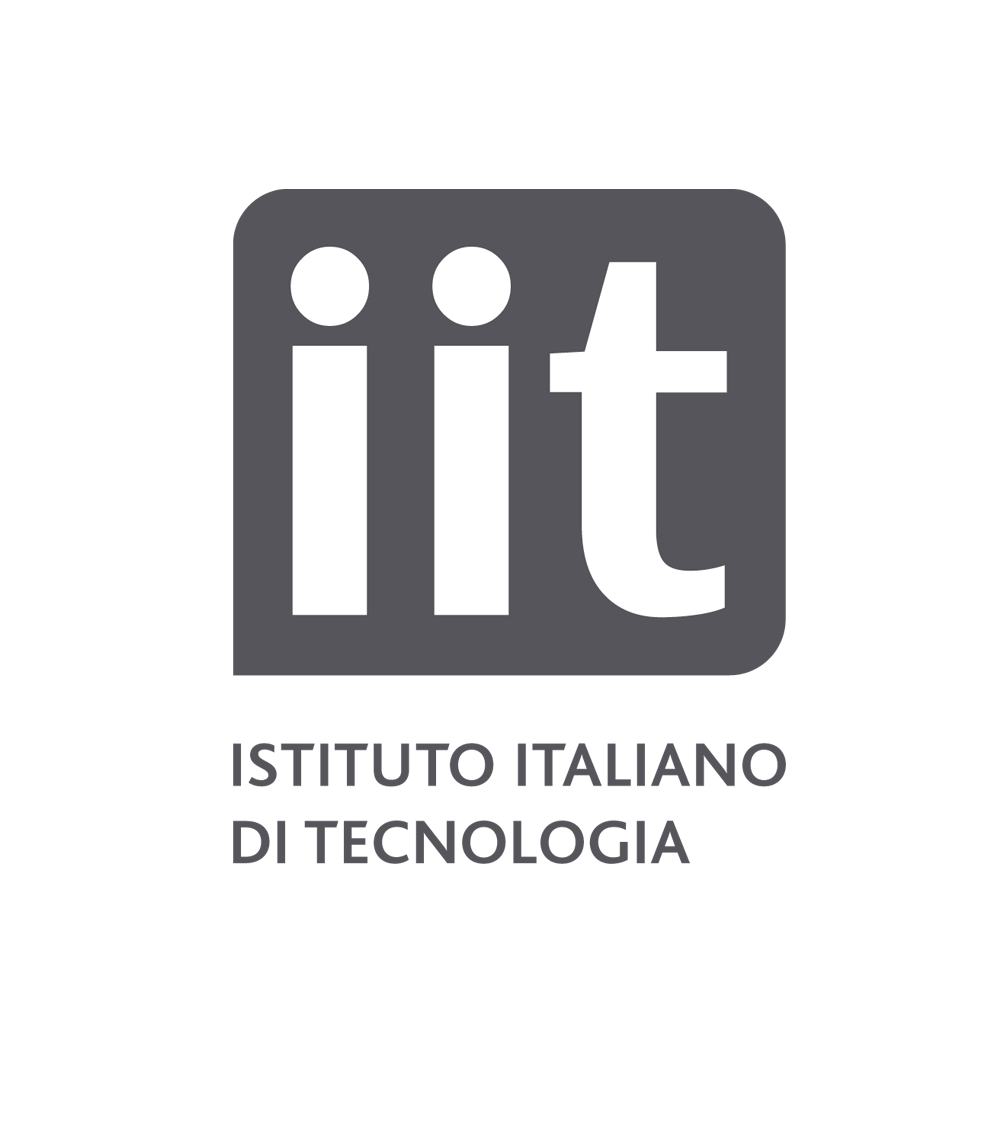Massimiliano Pontil is Senior Researcher at the Italian Institute of Technology (IIT), where he leads the Computational Statistics and Machine Learning unit, and co-director of the ELLIS Unit Genoa, a joint effort of IIT and the University of Genoa. He is also Professor of Computational Statistics and Machine Learning at University College London and member of the UCL Centre for Artificial Intelligence. He has made significant contributions to machine learning, particularly in the areas of kernel methods, multitask and transfer learning, sparsity regularization and statistical learning theory. Recent interests include meta-learning, algorithm fairness, hyperparameter optimization, and learning dynamical systems. He was awarded the Best Paper Runner Up Award from ICML 2013, an EPSRC Advanced Research Fellowship in 2006-2011, and the Edoardo R. Caianiello Award for the Best Italian PhD Thesis on Connectionism in 2002. He has published about 200 papers at international journals and conferences. His research papers have been cited over 16,000 times and his h-index is 56 (source Scopus, August 2024). He is regularly on the programme committee of the main machine learning conferences (COLT, ICML and NeurIPS), has been on the editorial board of the Machine Learning Journal, Statistics and Computing, JMLR, and was on the Scientific Advisory Board of Max Planck Institute for Intelligent Systems during 2013-2020. He has held visiting positions at a number of universities and research institutes, including the Massachusetts Institute of Technology, the City University of Hong Kong, the Isaac Newton Institute for Mathematical Sciences in Cambridge, the University Carlos III de Madrid, ENSAE Institut Polytechnique Paris, and École Polytechnique.
Massimiliano Pontil
Senior Researcher Tenured - Principal Investigator
Senior Researcher Tenured - Principal InvestigatorComputational Statistics and Machine Learning
Phone
+39 010 2897 409
Research center
CHT@Erzelli
About
Education
Title: Ph.D. in Physics
Institute: University of Genoa
Location: Genoa
Country: Italy
From: 1996 To: 1999
All Publications
2025
Apraez D.O., Turrisi G., Kostic V., Martin M., Agudo A., Moreno-Noguer F., Pontil M., Semini C., Mastalli C.
Morphological symmetries in robotics
International Journal of Robotics Research
2024
Kostic V., Lounici K., Inzerili P., Novelli P., Pontil M.
Consistent Long-Term Forecasting of Ergodic Dynamical Systems
Proceedings of Machine Learning Research, vol. 235, pp. 25370-25395
Conference Paper
Conference
2024
Kostic R. V., Lounici K., Inzerili P., Novelli P., Pontil M.
Consistent Long-Term Forecasting of Ergodic Dynamical Systems
International Conference on Machine Learning
Conference Paper
Conference
2024
Ordonez-Apraez D.F., Kostic V., Turrisi G., Novelli P., Mastalli C., Semini C., Pontil M.
Dynamics Harmonic Analysis of Robotic Systems: Application in Data-Driven Koopman Modelling
Proceedings of Machine Learning Research, vol. 242, pp. 1318-1329
Conference Paper
Conference
2024
Ordoñez-Apraez D., Kostic V., Turrisi G., Novelli P., Mastalli C., Semini C., Pontil M.
Dynamics Harmonic Analysis of Robotic Systems: Application in Data-Driven Koopman Modelling
Learning for Dynamics & Control Conference, vol. 242, (no. 1318-1329)
Awards and Achievements
2022
Pontil M.
Spoke 10 Leader, FAIR Foundation
2020
Pontil M.
Advisory Board, Max Planck Institute for Intelligent Systems, Germany
2020
Pontil M.
co-Director ELLIS Genoa Unit
2019
Pontil M.
Elected ELLIS Fellow
2013
Pontil M.
Best Paper Runner Up - International Conference on Machine Learning
Editorships
2013-2025
Pontil M.
Journal of Machine Learning Research
2009-2018
Pontil M.
Machine Learning Journal
Colleagues of Computational Statistics and Machine Learning
